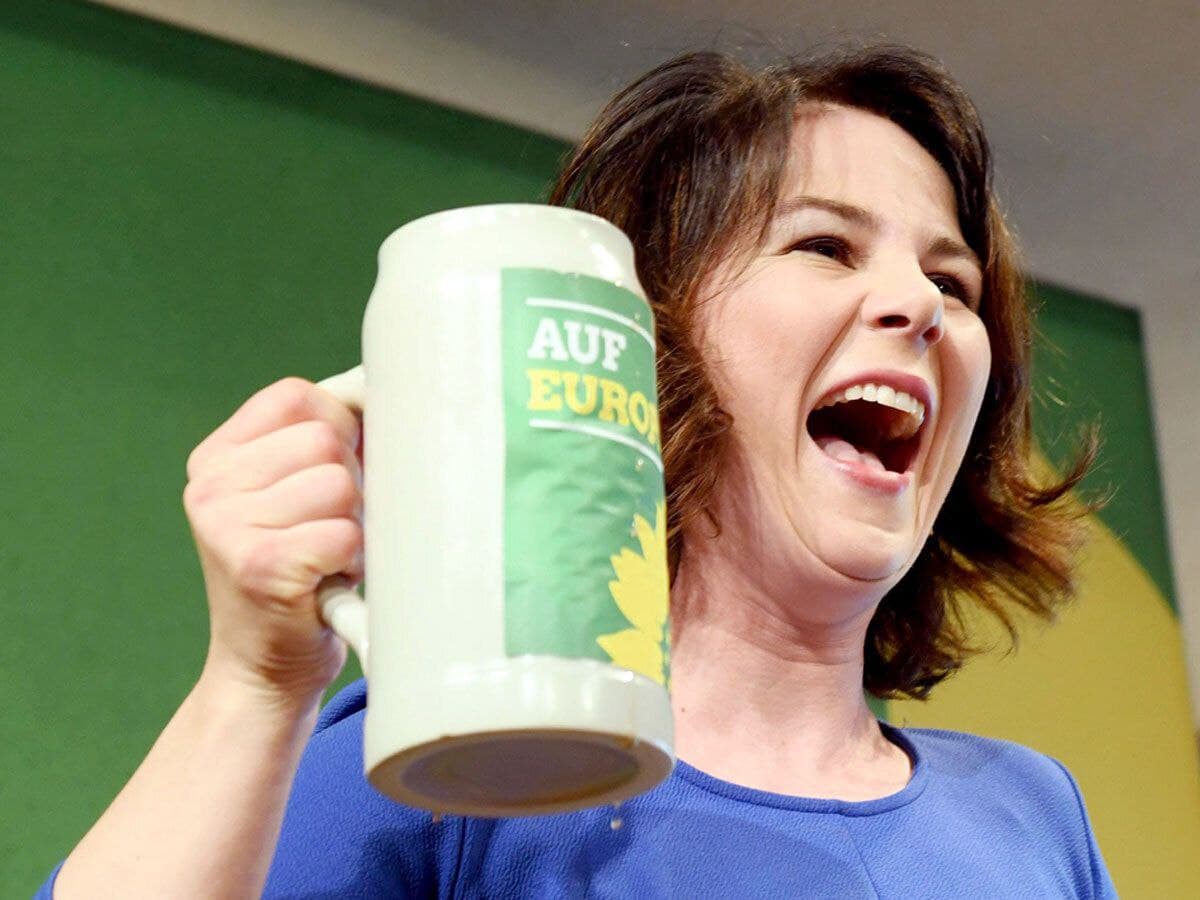German Government Spends €588,000 on Makeup Artists Over Three Years
In a recent revelation, the German government has reportedly allocated €588,000 of taxpayer money on makeup artists over the past three years. This expenditure has raised eyebrows among citizens and political commentators alike, particularly in light of the ongoing discussions about government spending and fiscal responsibility.
The expenditures were detailed in a report by the German tabloid Bild, which noted that former Foreign Minister Annalena Baerbock was the highest spender, averaging €248 per day on makeup services during her tenure. Baerbock"s spending has ignited a debate about the appropriateness of such expenses, especially in a time when many Germans are grappling with economic challenges.
Context of the Spending
The reported costs encompass various makeup services rendered to government officials, particularly during public engagements and international appearances. Supporters of the practice argue that public figures should maintain a polished appearance, as it reflects the professionalism of the government on the international stage. They contend that the image of government officials is crucial in diplomacy and public relations.
According to an unnamed official within the government, “First impressions matter, especially in diplomacy. Having a well-groomed appearance is part of the job for many officials.” This perspective highlights a belief within certain political circles that investing in image can yield positive diplomatic outcomes.
Criticism and Public Reaction
However, this expenditure has not gone without criticism. Opposition parties and members of the public have expressed outrage over the perceived frivolity of such spending, particularly when juxtaposed against cuts to social services and rising living costs. Critics argue that the funds could have been better utilized in areas such as healthcare or education.
“In a time of economic hardship for many, spending such a large sum on makeup is tone-deaf,” stated Linda Schmidt, a spokesperson for the Green Party. “We should be prioritizing the needs of our citizens, not the appearances of our leaders.”
Public sentiment has also been mixed. While some citizens see value in a well-presented government, others feel that the spending is excessive and unnecessary. A survey conducted by a local news outlet found that approximately 62% of respondents believed that government officials should limit such expenditures, while 28% supported the spending as part of maintaining a professional image.
Government Response
The Scholz government has responded to the report by emphasizing its commitment to transparency and fiscal responsibility. A spokesperson stated, “We are aware of the concerns surrounding these expenditures and are reviewing our policies regarding personal services for government officials.”
Furthermore, the government has indicated that it plans to implement stricter guidelines governing the use of taxpayer money for personal services. “The goal is to find a balance between professionalism and responsible spending,” the spokesperson added.
Broader Implications
This incident has sparked a wider discussion about government spending practices in Germany. As the country faces challenges such as rising inflation and economic uncertainty, the allocation of budgetary resources is coming under increased scrutiny. Lawmakers are now being urged to reevaluate not only cosmetic expenditures but also other areas where government spending may not align with public priorities.
Political analysts suggest that the fallout from this revelation could influence the upcoming elections, as candidates may be forced to address the issue of government accountability and responsible spending in their campaigns. “Voters are increasingly looking for transparency and accountability from their leaders,” noted political analyst Dr. Klaus Müller. “This could become a pivotal issue in shaping public opinion.”
Next Steps
As discussions continue, the government is expected to release further details regarding its review of spending practices. Stakeholders from various sectors, including political parties and civic organizations, are likely to engage in this dialogue, advocating for greater transparency and accountability in government expenditures.
In conclusion, the revelation of €588,000 spent on makeup artists by the German government has sparked significant debate regarding the appropriateness of such expenditures in the context of public service. As the government navigates this criticism, the implications of its spending choices will likely reverberate through public discourse and influence future policy decisions.



![[Video] Gunfire between Iraqi security forces and Sadr militias in Baghdad](/_next/image?url=%2Fapi%2Fimage%2Fthumbnails%2Fthumbnail-1768343508874-4redb-thumbnail.jpg&w=3840&q=75)
